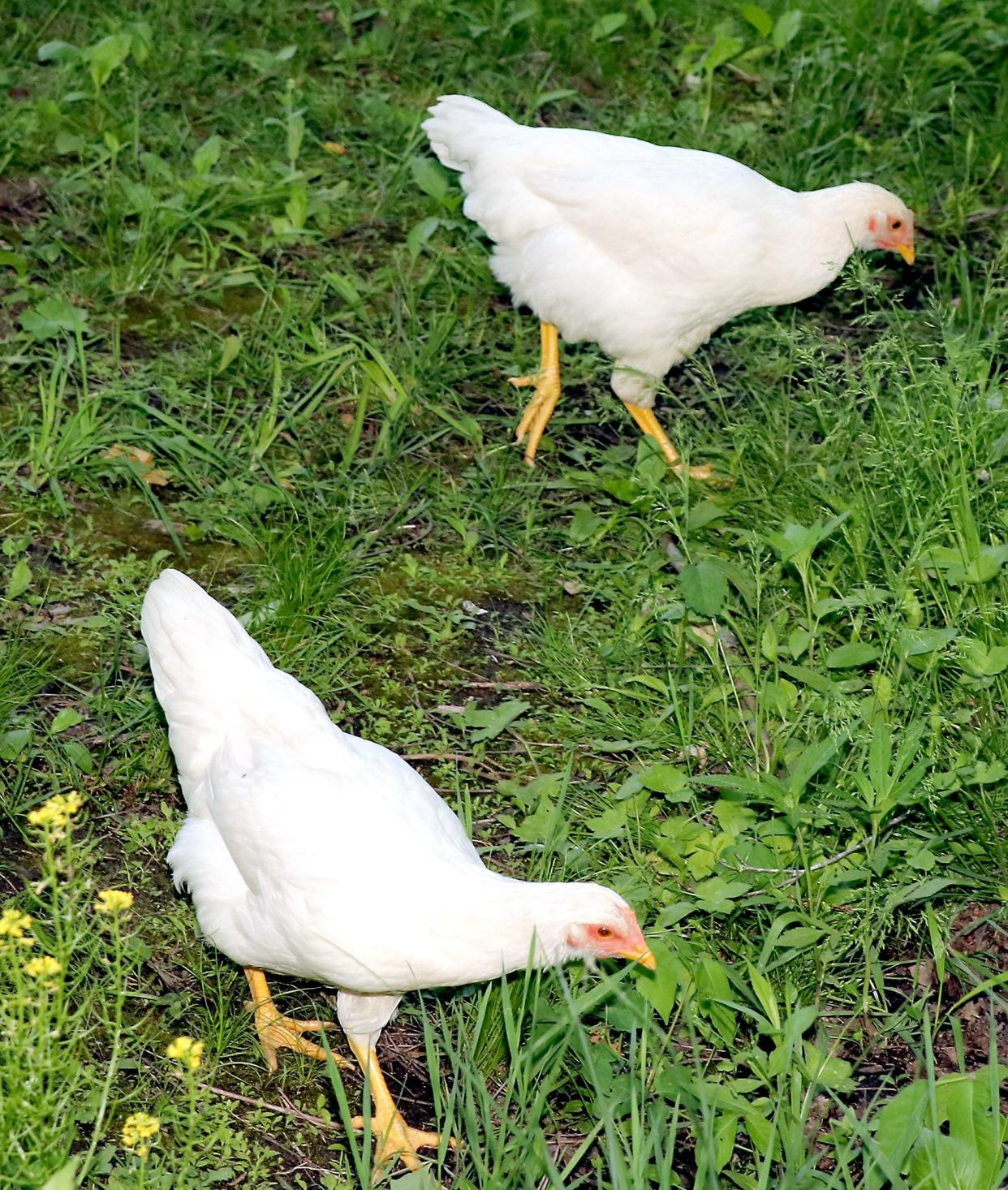Health officials warn poultry owners of deadly avian bird flu

COLDWATER — As the fall migration begins, poultry owners are reminded to protect their domestic flocks from Highly Pathogenic Avian Influenza, or HPAI.
The virus is found mainly in birds, is highly contagious and can be deadly, especially in domestic poultry. However, the virus has been found in other animals.
The Michigan Department of Agriculture and Rural Development has reported an increase of HPAI cases in backyard poultry flocks, although none have been identified in Branch, St. Joseph or Hillsdale counties to date.
“We share this information with our residents to remind them of the steps they can take to reduce the transmission risk for their chickens, ducks and turkeys,” said health officer Rebecca Burns. “Removing bird feeders and bird baths from your yard during the fall migration period is a good first step.”
More:Eastern Equine Encephalitis confirmed in a St. Joseph County horse
Additionally, poultry owners are advised to:
Prevent contact between domestic and wild birds by bringing them indoors or ensuring their outdoor area is fully enclosed.
Wash your hands before and after handling birds as well as when moving between different coops.
Disinfect boots and other gear when moving between coops.
Not share equipment or other supplies between coops or other farms.
Clean and disinfect equipment and other supplies between uses. If it cannot be disinfected, discard it.
Use well or municipal water as drinking water for birds.
Keep poultry feed secure so there is no contact between the feed/feed ingredients and wild birds or rodents.
Signs and symptoms of HPAI include:
Sudden death
Lack of appetite, energy or vocalization
Drop in egg production
Significant decrease in water consumption
Abnormal behavior like difficulty walking
Swollen combs, waddles, legs or head
Diarrhea
Nasal discharge, sneezing or coughing
Subscribe:Learn more about our latest subscription offers.
If avian influenza is suspected, contact MDARD immediately at 800-292-3939.
For more information, contact your local health office or visit bhsj.org.
This article originally appeared on Sturgis Journal: Health officials warn poultry owners of deadly avian bird flu

